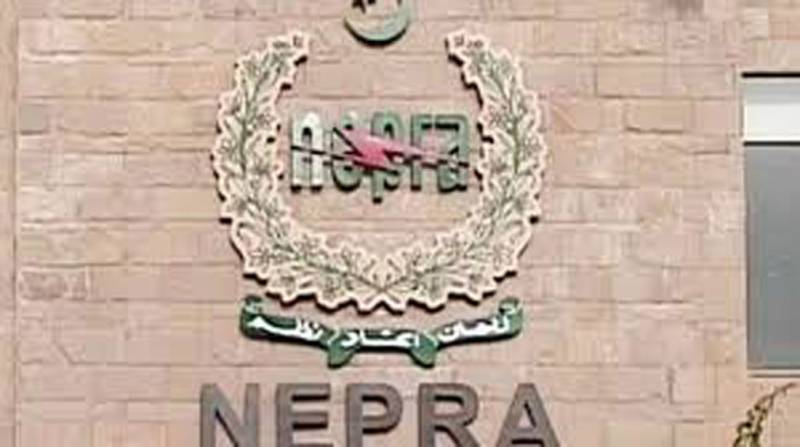ISLAMABAD - Member NEPRA Rafique Ahmed Sheikh has said that despite having their respective Board of Directors, power distribution companies (Discos) are still tied centrally for decision making and their desired independence is virtually nowhere.
“The problems like high distribution losses, low recovery, distribution system constraints, inefficient service provision, low outreach to the new clusters of consumers, lackluster expansion of networks and financial mismanagement still plague the distribution sector,” stated Rafique Ahmed Sheikh, Member NEPRA Sindh, in his opening speech on the fifth day of NEPRA Energy Week 2020. The distribution session focused on the role of DISCOs, introduction of competition through Supplier Regime and CTBCM, wheeling and net metering arrangements, reasons and way forward to eliminate circular debt etc. Guest speakers highlighted the impact of higher consumer end tariffs on the economy particularly on the export sector and suggested the way forward to overcome these challenges.
“Whopping circular debt and continuously increasing burden of subsidies has already suppressed the already burdened economy of the country and continuing with the status quo may not sustain very long, he maintained.
Historically talking, in Pakistan, during the pre-reform period, monopolistic structure existed which however, proved increasingly inefficient and in the wake of its non-responsiveness to ensure availability, affordability and accessibility of electricity, the government decided for power sector reforms in 1990s. Resultantly, WAPDA was unbundled in four GENCOs, one TRANSCO and eight distribution companies. The main consideration for the reform was to get rid of the inefficiencies inherent for a state owned monopoly and gradual transition to a competitive power market.
For this to happen smoothly, PEPCO was formed for two years’ time frame. However, almost twenty years are gone and PEPCO is still there overseeing administrative matters of DISCOs. In short, through reforms, intuitional infrastructure and broader legal framework was put in place for transition from monopoly to competition and in order to achieve it DISCOs were given the status of companies.
However, despite incorporation as companies, DISCOs have somehow not converted into commercially viable independent business entities. The reform process envisaged corporatization of DISCOs and ultimate privatization. Twenty years down the line, corporatization of DISCOs has not worked fully.
Despite having their respective Board of Directors, DISCOs are still tied centrally for decision making and their desired independence is virtually nowhere. Consequently, the envisaged efficiency gain from unbundling are scant. Member Nepra however said that “we can’t blame DISCOs only. The limited autonomy of DISCOs is a major hindrance and their restricted financial independence certainly bars their ability to formulate and implement business plans.
The investment decisions of DISCOs are usually dictated by the social considerations like village electrification, long feeders etc. instead of commercial viability and cost effectiveness. The high cost of power generation is also an impediment for DISCOs as they are compelled to purchase expensive electricity for onward distribution. Although the high cost of electricity is beyond the control of DISCOs ,the theft caused by high prices is ultimately reflected on the performance of DISCOs.
Although NEPRA has allowed a cushion for losses caused by theft and law and order situations under the heads of T&D losses to prevent DISCOs from insolvency. However, DISCOs continue to seek cushion to recover imprudent costs instead of improving their operational capability. Evidently, DISCOs have still to embrace their independent role and start thinking in commercial terms to become economically efficient business entities. Previously, the supply of electricity was a part of distribution business. However, the amended Act has excluded the supply from the ambit of distribution which is now only limited to the network business.
The supply of power is now a distinct licensed activity which will create a retail market. Although the DISCOs have been given a status of deemed supply licensee for a period of 5 years, no serious effort on their part is witnessed to separate their network business from the supply business - both administratively and financially.
The distributed generation is coming in a big way drifting the consumers away from grid. The basic advantages of low cost and un-interrupted supply of power is taking the big consumers away from DISCOs. This is perhaps the time to gear up for these challenges. DISCOs failure to retain their customer base will severely affect the government’s capacity to pay to the generation and transmission companies which will be a blow to huge investments in the power sector and the economy of the country at large. Therefore, strategies should be made and gaps should be bridged immediately to cope with this challenge. The time is passing fast. A viable and cost effective power distribution system is inevitable for economic viability of the country.






